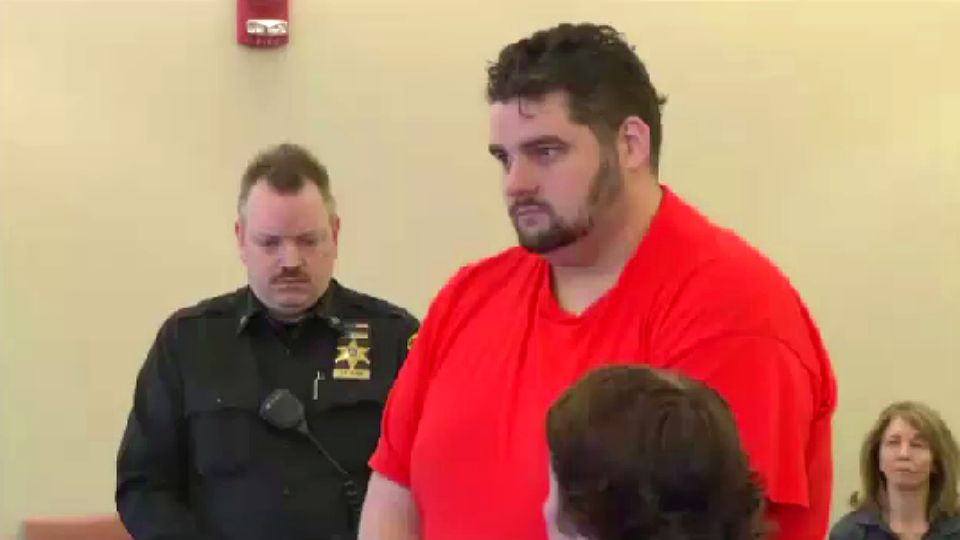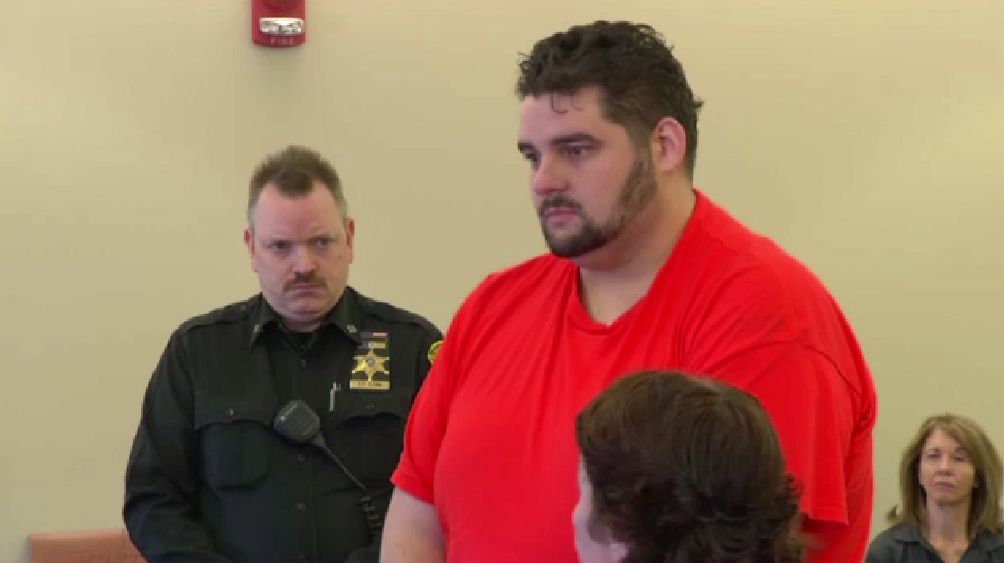ALBANY, N.Y. — In summarizing his case Thursday, Albany County's chief assisant district attorney urged jurors to employ common sense and convict Edward Mero of two murders.
"I am going to use that term: 'common sense.' And it's not to bridge a gap [in the evidence]," said David Rossi in his closing arguments. "It's because common sense is what our whole system is based on."
Most of Rossi's case is also based on it: the hope that jurors can make several leaps of logic, and connect the dots between Edward Mero's words, actions and whereabouts on the days his two alleged victims were killed.
“He really is guilty beyond a reasonable doubt," Rossi said of Mero, "because there’s no other way to explain all those circumstances.”
Consider this: On the last day Shelby Countermine was known to be alive, she was headed to an appointment for sex with Mero. Countermine, known to have sold sex for drug money, was never confirmed to be seen by anyone after that appointment.
In subsequent interviews with police, Mero did not deny that he met Countermine, and he accurately described the clothing and hair that Countermine was wearing when her body was discovered six months later in a shallow grave on property in Coeymans owned by Mero's former employer, the Albany Water Department.
Even Mero's cell phone — which is rarely turned off, according to wireless company records — was shut down for two key stretches of time, on the day and night surrounding Countermine's disappearance.
"The idea that somebody else murdered her is absurd," Rossi said.
In Cunningham's death, the case is more murky, by Rossi's own admission: Her body was found after a fire destroyed the house she shared with Edward Mero. The flames were ignited in her own bedroom, but firefighters never determined a definitive cause.
Still, Mero slept away from the home on the night it burned. And forensic evidence shows that it's very likely Cunningham was dead before the fire: There was no smoke residue found in her airway or lungs, meaning she did not breathe at any point when the fire was creating smoke.
The defnese dismissed it all as shoddy evidence, pointing out that no cell phone GPS records, no surveillance cameras and no DNA place Mero anywhere near the murder scenes, nor where Countermine's body was buried in Coeymans.
"They don’t have the phone, and they don’t have him on cameras! He’s not there!" insisted defense attorney Cheryl Coleman. "And he’s not there, because he didn’t do it!"
Coleman tore at the prosecution's case for 90 minutes in her closing arguments, disparaging witness Gerald Weidman, who claimed to have seen Mero in Coeymans on the day police believe Countermine was buried there. Weidman said he later tracked Mero's footprints in the snow — but Coleman pointed out that Capital Region meteorological records show no snowfall on that day, with temperatures higher than the freezing point.
"Certainly not a three- or four-inch snowfall," Coleman said. "Weidman does not make any sense."
After four hours of closing arguments, the 12-member jury received the case for deliberation around 3 p.m. Thursday. The jury will return Friday morning to continue deliberating.
If convicted on both counts of murder, Mero would face at least 50 years in prison.






